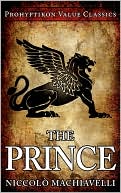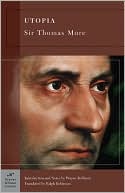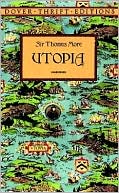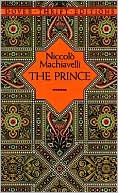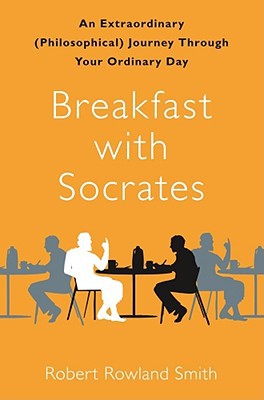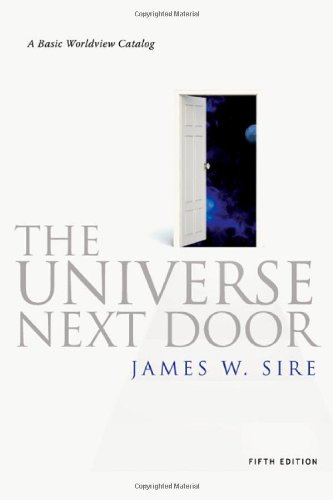Pragmatism, Old and New: Selected Writings
Morris R. Cohen once described pragmatism as "a philosophy for people who cannot think"; and Bertrand Russell feared that pragmatism would lead philosophy into "cosmic impiety." Nothing could be further from the truth. Pragmatism was one of the most fruitful philosophical movements of the late nineteenth century, and has continued to be a significant influence on some of the major figures in philosophy — F. P. Ramsey, W. V. Quine, Sidney Hook, Nelson Goodman, Hilary Putnam, and many others.\...
Search in google:
Morris R. Cohen once described Pragmatism as "a philosophy for people who cannot think"; and Bertrand Russell feared that Pragmatism would lead philosophy into "cosmic impiety." Nothing could be further from the truth. Pragmatism was one of the most fruitful philosophical movements of the late nineteenth century, and has continued to be a significant influence on some of the major figures in philosophy-F. P. Ramsey, W. V. Quine, Sidney Hook, Nelson Goodman, Hilary Putnam, and many others. Today some even speak of a remarkable renaissance of Pragmatism. Very often, though, what they have in mind is not the rich heritage of the classical Pragmatist tradition, but a radical self-styled neo-Pragmatism that has of late transmuted the reformist aspirations of classical Pragmatism into a kind of revolutionary anti-intellectualism-a radical neo-Pragmatism that seems to confirm Russell's worst fears. Asking what we can learn from the older Pragmatist tradition, and what we can salvage from the intellectual shipwreck of the new, Susan Haack, with the assistance of Robert Lane, has put together a wide-ranging anthology that tells the story of the evolution of Pragmatism from its origins in C. S. Peirce's hopes of making philosophy more scientific and William James's of "unstiffening our theories," to the radical literary-political neo-Pragmatism recently popularized by Richard Rorty. Opening with a history of Pragmatism from its inception to the present day, and closing with Haack's famous "interview" with Peirce and Rorty, the book presents a broad and diverse selection of Pragmatist writings-classical and contemporary, reformist and revolutionary-on logic, metaphysics, theory of inquiry, philosophy of mind, philosophy of religion, aesthetics, philosophy of education, and moral, social, and political philosophy.
Introduction : pragmatism, old and new151Some consequences of four incapacities692The fixation of belief1073How to make our ideas clear1274Pragmatism and pragmaticism1515The backward state of metaphysics1696The categories1777On the strengthened liar2098On logic machines2139On triadic logic21710The will to believe22111The moral philosopher and moral life24712The present dilemma in philosophy27313What pragmatism means28914Pragmatism's conception of truth30915School conditions and the training of thought33116Truth and consequences34117Philosophy and democracy36318The quest for certainty37919The construction of good39520Art as experience42321Common sense and scientific inquiry44322Mind, self, and society46523The social self47724The making of truth48725Belief, truth, and inference51126A pragmatic conception of the A Priori51727Naturalism and first principles52928The analytic and the synthetic : an untenable dualism55929Natural kinds57530Words, works, worlds59931Is there still anything to say about reality and truth?62132Pragmatism, relativisim, and irrationalism63533Pragmatism as anti-authoritarianism657Epilogue : "We pragmatists..." : Peirce and Rorty in conversation675
\ From the Publisher"The most likely use for Haack’s volume will be in introductory pragmatism courses and it is eminently appropriate for this task. However, others who would wish to speak out about pragmatism authoritatively would do well to go through the book from cover to cover. Outside of philosophy, the volume provides an introduction to a vital aspect of what philosophy has to offer to other disciplines, psychology among them....it is hard to think what could have been done to improve upon the collection."\ Metapsychology\ \

